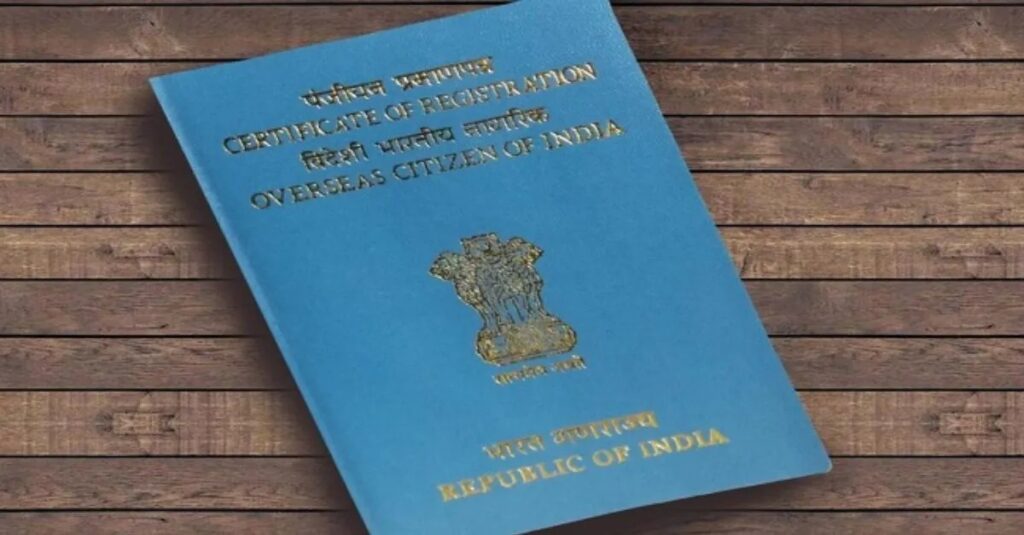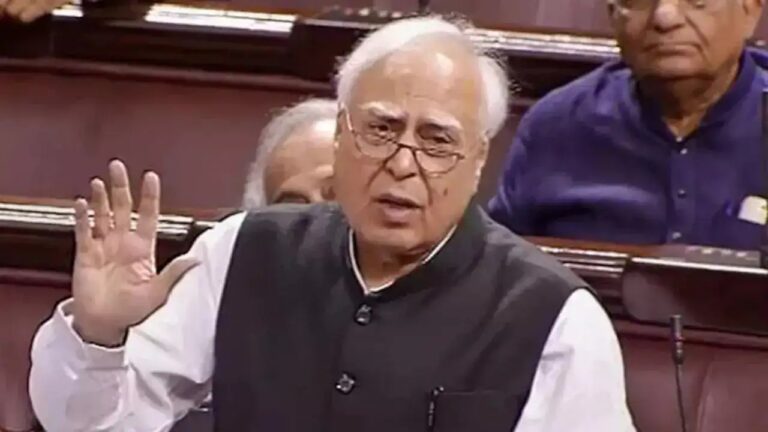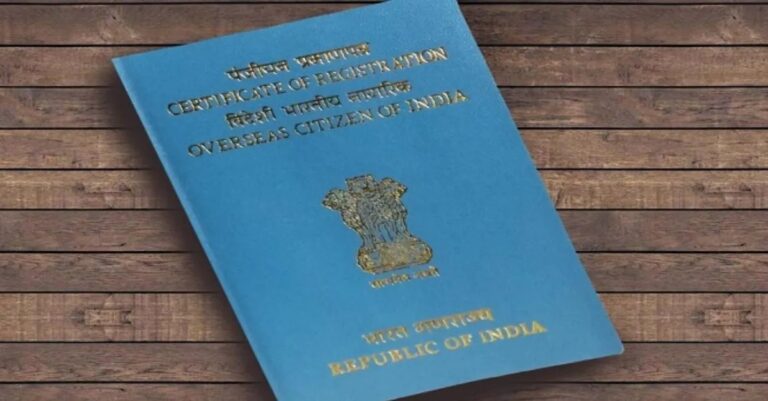
Officials from the home affairs ministry have said that these new rules will help tighten the framework around OCI registration
The Ministry of Home Affairs has announced new rules for overseas citizens of India that may impact their future registration or cancellation. In a gazette notification issued on Tuesday, India has stated that OCI cards and registrations will be subject to cancellation if an individual faces criminal charges or convictions.
“In exercise of the powers conferred by the clause (da) of section 7D of the Citizenship Act, 1955 (57 of 1955), the central government hereby states that an Overseas Citizen of India (OCI) registration shall be liable to get cancelled when a person has been sentenced to imprisonment for term of not less than two years or has been charge-sheeted for an offence entailing punishment of imprisonment for seven years or more,” read the notification issued by MHA,
What are the new OCI rules?
As per the notification issued by MHA, an OCI registration or card is liable for cancellation if –
1. If the cardholder has been sentenced to jail for a term of two years or more.
2. If the cardholder has been charge-sheeted for an offence that carries a punishment of seven years or more.
officials from the home affairs ministry have said that these new rules will help tighten the framework around OCI registration.
Furthermore, these rules will be applicable irrespective of where the criminal conviction has occurred.
“The provision applies irrespective of whether the conviction occurred in India or abroad, provided the offence is recognised under Indian law,”
As per the Ministry of External Affairs, an OCI card or registration can also be cancelled if –
- the registration as an overseas citizen of India was obtained by means of fraud, false representation or the concealment of any material fact.
- the overseas citizen of India has shown disaffection towards the Constitution of India as by law established.
- the overseas citizen of India has, during any war in which India may been engaged, unlawfully traded or communicated with an enemy or been engaged in, or associated with, any business or commercial activity that was to his knowledge carried on in such manner as to assist an enemy in that war.
- the overseas citizen of India has, within five years after registration under sub-section(1) of section 7A has been sentenced to imprisonment for a term of not less than two years.
- it is necessary so to do in the interest of the sovereignty and integrity of India, the security of India, friendly relations of India with any foreign country, or in the interests of the general public.
What is the OCI scheme?
The Overseas Citizens of India scheme was introduced in 2005. Under this scheme, foreign nationals of Indian origin are allowed to travel and visit India without a visa. OCI status is available for individuals who were citizens of India on or after January 26, 1950.
However, the OCI status is not available to anyone who has ever been a Pakistani or Bangladeshi citizen, or who is a child, grandchild, or great-grandchild of such an individual.





